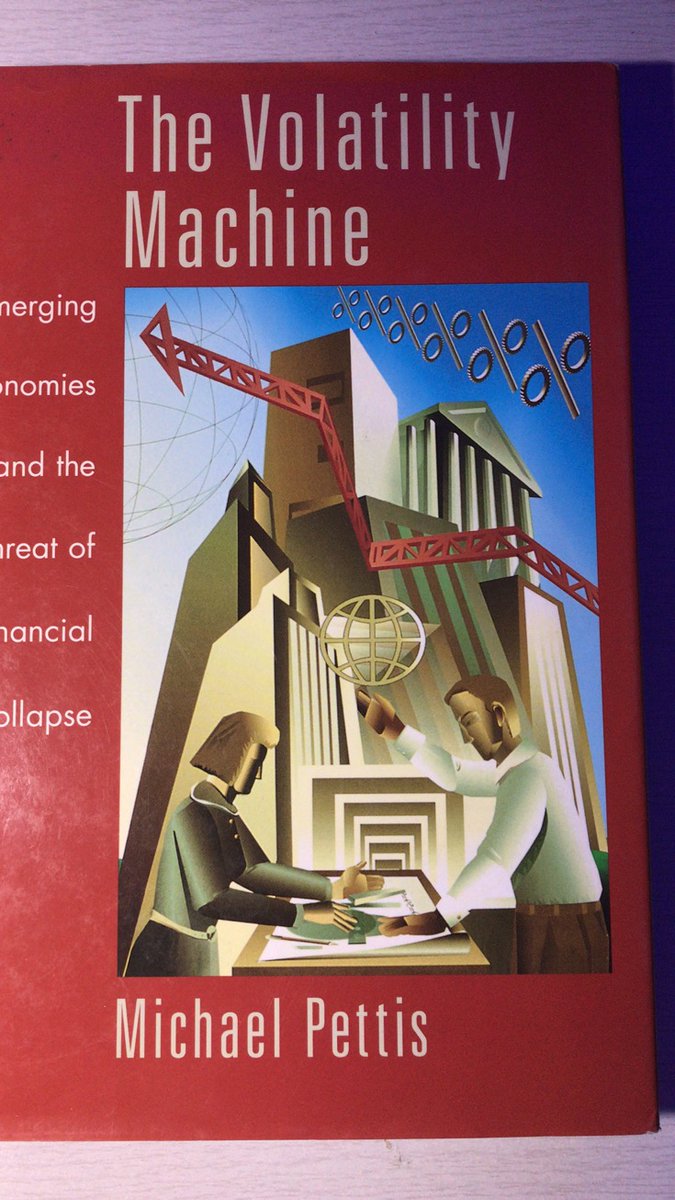
1/4
Al Jazeera writes that the BRICs have turned out to be a big disappointment: "Two decades ago, investment bank Goldman Sachs came up with an acronym that was supposed to shift the economic balance of power.
aljazeera.com/program/counti…
Al Jazeera writes that the BRICs have turned out to be a big disappointment: "Two decades ago, investment bank Goldman Sachs came up with an acronym that was supposed to shift the economic balance of power.
aljazeera.com/program/counti…
2/4
The BRICS – Brazil, Russia, India and China (and South Africa, which was added later) – would, over time, come to dominate the rankings of the world’s richest economies. But 20 years on, the group has failed to live up to its author’s expectations."
The BRICS – Brazil, Russia, India and China (and South Africa, which was added later) – would, over time, come to dominate the rankings of the world’s richest economies. But 20 years on, the group has failed to live up to its author’s expectations."
3/4
This cannot have been a surprise to anyone with any knowledge about the countries involved. As I wrote back in the 2000s, the concept of BRICS was never meaningful except as a clever investment-banking marketing ploy.
This cannot have been a surprise to anyone with any knowledge about the countries involved. As I wrote back in the 2000s, the concept of BRICS was never meaningful except as a clever investment-banking marketing ploy.
4/4
Given that the political and economic interests between any two BRICS countries conflicted far more often than they coincided, the idea that the five of them might unite on economic and geopolitical issues was always a little unlikely.
Given that the political and economic interests between any two BRICS countries conflicted far more often than they coincided, the idea that the five of them might unite on economic and geopolitical issues was always a little unlikely.
• • •
Missing some Tweet in this thread? You can try to
force a refresh




